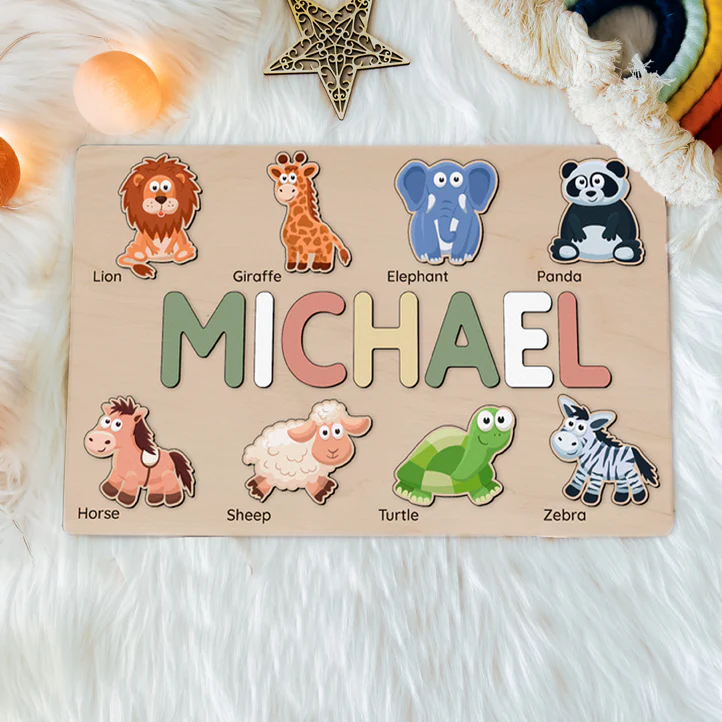Puzzles have long been recognized as enjoyable activities that offer more than just entertainment, they can be a powerful tool for relaxation and well-being. Engaging with puzzles, whether they are jigsaw puzzles, crosswords, Sudoku, or brain teasers, has been shown to provide a therapeutic experience that helps alleviate stress, improve mental health, and foster a sense of joy. This form of cognitive exercise allows individuals to immerse themselves in a focused task, which can temporarily distract them from life’s worries and challenges, offering a mental escape and fostering a calming effect. One of the key therapeutic benefits of puzzles is their ability to engage the brain in a way that encourages mindfulness. Mindfulness, the practice of being present and fully engaged in the current moment, is known for its calming effects and stress-reducing properties. Puzzles require a level of concentration and focus that naturally pulls individuals into the present moment, removing attention from any distractions or negative thoughts.
As a result, solving a puzzle can lead to a sense of flow a mental state where time seems to pass unnoticed, and the individual feels absorbed in the task at hand. This state of deep concentration not only helps reduce anxiety but also promotes mental relaxation. Additionally, puzzles provide an opportunity to experience small, yet satisfying successes. Completing a jigsaw puzzle or solving a particularly challenging Sudoku puzzle gives a sense of accomplishment. These small wins activate the brain’s reward centers, releasing dopamine, the feel-good neurotransmitter associated with pleasure and motivation. This release of dopamine can lift one’s mood and create a sense of happiness and satisfaction. The act of piecing things together literally or figuratively offers a reassuring reminder of the order that can exist within the chaos of daily life. Puzzles also help improve cognitive function by stimulating different areas of the brain. Regularly engaging with puzzles can enhance memory, problem-solving skills, and cognitive flexibility.
As we work through name puzzles, we use both our short-term and long-term memory, and in some cases, we have to employ creative thinking and adapt our strategies. This mental exercise helps keep the brain sharp, and studies have shown that regular puzzle-solving can help delay the onset of cognitive decline in older adults. Moreover, puzzles are versatile, offering something for everyone. For some, the quiet, solitary nature of a jigsaw puzzle provides a peaceful retreat from the hustle and bustle of daily life. For others, working on a puzzle together with family or friends can foster social connection and bonding. Shared puzzle-solving experiences can promote teamwork and communication, creating an atmosphere of joy and togetherness. Whether alone or with loved ones, the therapeutic effects of puzzles remain equally powerful. In today’s fast-paced world, where stress and anxiety levels are at an all-time high, taking time to unwind with a puzzle can be an effective form of self-care.